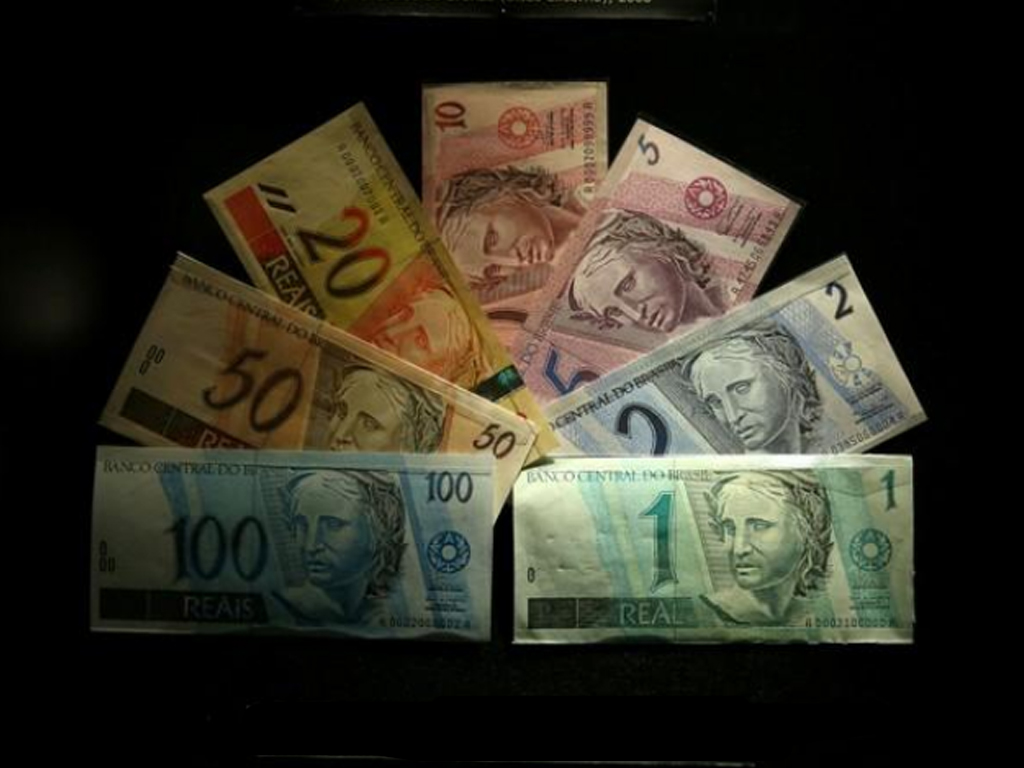Latam FX weaken as growth worries grip

Latin American currencies slid on Wednesday as investors sought safety in US government debt and gold on fears that an escalating US-China trade war will push the world's largest economy toward recession.
Benchmark US Treasury yields fell across the board, with the yield curve between three-month bills and 10-year notes inverting to its deepest level since March 2007. Such an inversion has preceded every US recession in the past 50 years.
Central banks in New Zealand, India and Thailand on Wednesday cut rates amid growing fears that the trade war could aggravate a slowdown in the global economy. Trade tension escalated sharply last week when Washington threatened more tariffs on Chinese imports.
Against a weaker dollar, Brazil's real resumed its losing run and looked set to end lower for the seventh time in eight sessions, while Argentina's peso slipped 0.9% to its lowest level in almost three months.
Mexico's peso fell 0.3% to 19.618. A Reuters poll showed that Mexico's peso will likely struggle in the near future amid rising global tensions and is expected to trade at 19.66 per dollar in one year, 0.4% weaker than July's survey.
"Lower yields plus heightened global uncertainty in the short term could erode MXN_s attractiveness as a popular carry trade currency," Simon Harvey, a FX market analyst at Monex Europe, wrote in a note.
The peso also faces internal challenges with Mexico's economy almost stalling in the second quarter, and downside inflation pressure could prompt the start of an easing cycle toward the last quarter of the year, Harvey said.
In Brazil, the lower house of Parliament approved the government's key pension reform bill in a second round vote, with finalization of amendments set to conclude by the end of the day. The reform will then move to the Senate for another two rounds of voting.
Sao Paulo-traded shares erased session losses to trade marginally higher. Consumer stock Raia Drogasil topped the main index with a 8.7% surge after posting a 13% rise in second-quarter profit.
Most other Latam stocks markets also rose as Wall Street cut losses.
Mexican stocks jumped more than 1 percent to extend gains to a second day after losing more than 4% over the five prior sessions.
MSCI's widely tracked index of emerging market shares , which includes almost 1,200 stocks from 26 developing world countries, was down for an 11th straight day.
If it cannot recover before the close, it will be the second longest losing streak, exceeded only by two 12-day runs in 2015 when Greece's debt crisis was building to a climax, and before that all the way back in September 1990.

























Comments
Comments are closed.